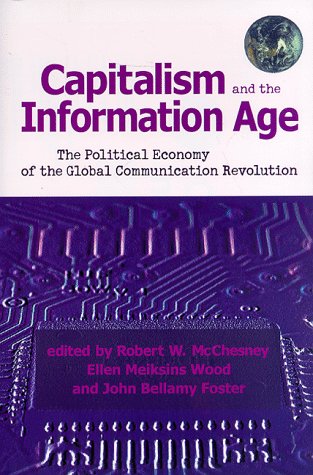Book Review: The Problem of the Media: U.S. Communication Politics in the Twenty-first Century — Robert W. McChesney

Robert McChesney’s The Problem of the Media remains one of the most incisive critiques of how corporate and political power shape modern communication systems. Written in 2004 but still strikingly relevant-there is a need to revisit- the book dissects the structural flaws of American media—monopoly ownership, commercial bias, and the erosion of journalism’s democratic function. McChesney, a leading scholar of media studies and co-founder of Free Press, argues that the crisis in media is not just about sensationalism or declining standards, but about systemic failures deeply rooted in capitalism and deregulation.
Through sharp analysis and detailed evidence, McChesney exposes how a handful of conglomerates dominate information flows, reducing diversity of viewpoints and prioritizing profit over public service. He challenges the myth of a “free press” by demonstrating how policy decisions, campaign donations, and lobbying have turned media into a tool of elite interests. Importantly, he connects the decline of independent journalism to the weakening of democracy itself — a theme that resonates even more in the age of digital monopolies and algorithmic news.
Despite its critical tone, the book is not merely pessimistic. McChesney calls for public intervention, stronger regulation, and citizen activism to reclaim media as a democratic institution. His arguments bridge academic rigor with moral urgency, making this a vital text for journalists, policymakers, and anyone concerned with the health of democracy.
Two decades on, The Problem of the Media feels prophetic — anticipating debates on fake news, corporate tech giants, and media polarization. It’s a compelling reminder that the struggle for a free and fair press is, ultimately, a struggle for democracy itself.

